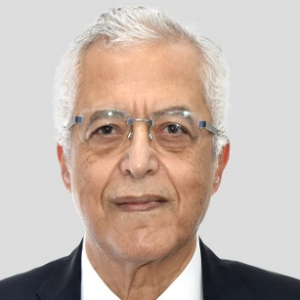Paneth Cells
Paneth Cells are specialized secretory cells located in the small intestine's crypts of Lieberkühn, specifically in the epithelial lining of the small intestinal mucosa. Named after the Austrian physiologist Joseph Paneth who first described them, these cells play crucial roles in maintaining intestinal homeostasis and host defense. Paneth cells are known for their secretory granules, which contain antimicrobial peptides, including defensins and lysozyme. These peptides have potent antimicrobial properties, protecting the small intestine from bacterial infections and maintaining a balanced gut microbiota. The release of antimicrobial peptides is induced by bacterial stimuli, contributing to the defense against pathogenic microbes. Beyond their antimicrobial functions, Paneth cells are involved in shaping the intestinal niche. They produce growth factors such as epidermal growth factor (EGF) and regulate the intestinal stem cell niche. Paneth cells create a microenvironment that supports the renewal and differentiation of intestinal stem cells, essential for the continuous turnover of the intestinal epithelium. Paneth cell dysfunction has been implicated in various intestinal disorders, including inflammatory bowel diseases (IBD) such as Crohn's disease. Alterations in the composition or function of Paneth cells can disrupt the delicate balance of the intestinal ecosystem, leading to inflammation and disease progression. Recent research has highlighted the dynamic nature of Paneth cells and their responses to dietary and microbial factors. Understanding the regulatory mechanisms and interactions with other cells in the intestinal microenvironment provides insights into the complex dynamics of intestinal health. In summary, Paneth cells are essential components of the intestinal epithelium, contributing to host defense, regulation of the gut microbiota, and the maintenance of intestinal homeostasis. Investigating the intricate roles of Paneth cells has implications for understanding and potentially treating various intestinal disorders.

Nagy Habib
Imperial College London, United Kingdom
Lucie Bacakova
Institute of Physiology of the Czech Academy of Sciences, Czech Republic



Title : AI-integrated high-throughput tissue-chip for space-based biomanufacturing applications
Kunal Mitra, Florida Tech, United States
Title : Stem cell technologies to integrate biodesign related tissue engineering within the frame of cell based regenerative medicine: towards the preventive therapeutic and rehabilitative resources and benefits
Sergey Suchkov, N.D. Zelinskii Institute for Organic Chemistry of the Russian Academy of Sciences, Russian Federation
Title : In vitro evaluation of lyophilized Dedifferentiated Fat cells (DFAT) impregnated artificial dermis
Kazutaka Soejima, Nihon University, School of Medicine, Japan
Title :
Nagy Habib, Imperial College London, United Kingdom
Title :
Alexander Seifalian, Nanotechnology & Regenerative Medicine Commercialisation Centre, United Kingdom
Title : The regenerative medicine of the future
Marco Polettini, DVM, Italy